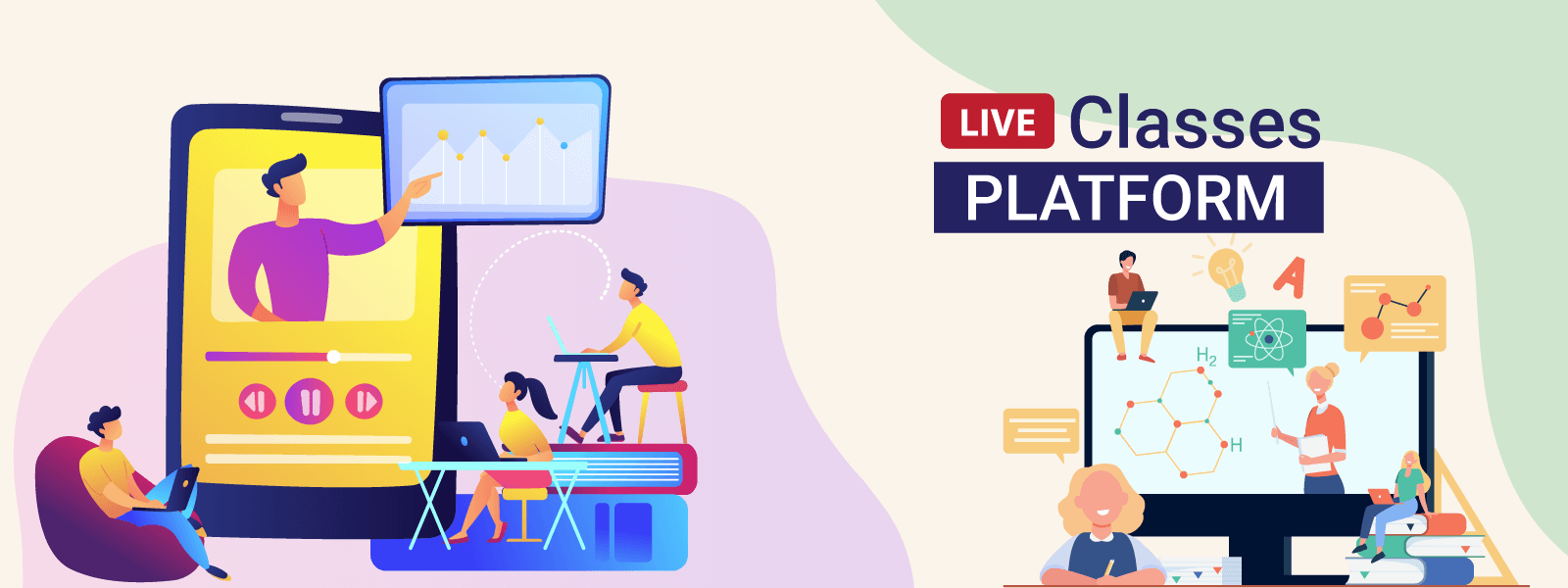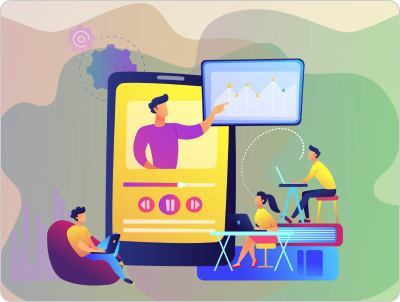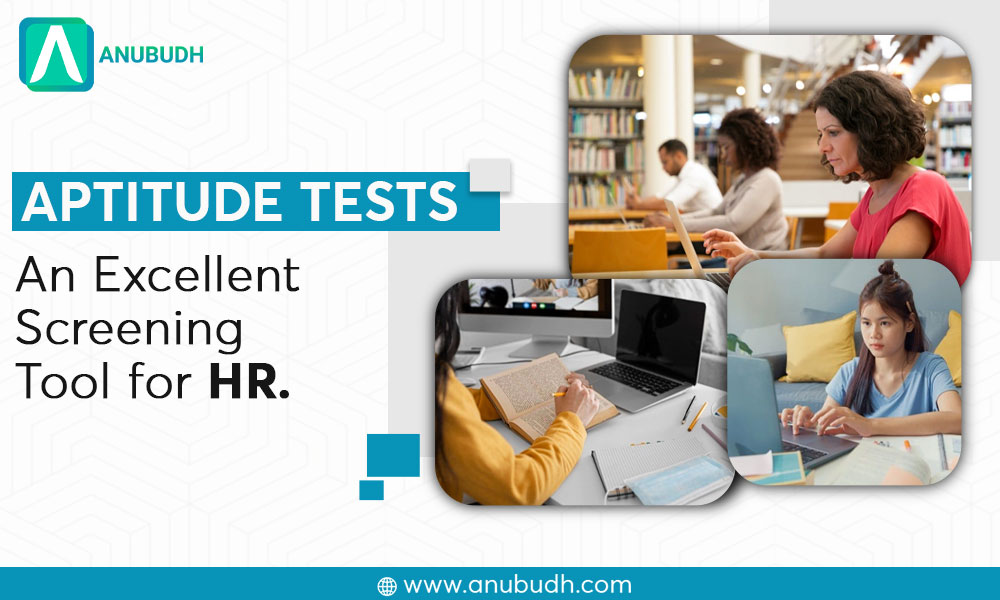5 must-have LMS features for an effective e-learning programme
by Vineith Kaul, Posted on 30 March 2022
Learning Management System

.
5 must-have LMS features for an effective e-learning programme
Asia has seen the fastest growth in eLearning, at 17.3% per year- survey by Global Opportunity Analysis.
LMS software is mainly used to facilitate blended/hybrid learning, online learning and even support classroom learning to create and deliver educational courses; monitor, track and report learning outcomes. The use of LMS is primarily done by:
- Educational institutions like schools, colleges, universities, tutorial centers to teach classroom curriculum
- Organizations/institutions that cater to upskilling employees
- Individual tutors and educators teaching wide sections of learners
To cater to these three above categories, the LMS must have the following features:
- Scope for Customization and Integration: As I said above, LMS can be used by different stakeholders for educational purposes that serve diverse learners. Hence, customizable features will make the tool effective for different types of learners. Also, the LMS software must allow integration with third-party platforms to increase its functionality.
- User-friendly UI: An LMS might be laden with features, but the platform is a big fail if it is too complicated to navigate. In order for all stakeholders to easily navigate the software without assistance, the UI must be intuitive & user-friendly. A poorly designed LMS UI could jeopardize the success of your e-learning programme.
- Content Repository and Online Proctoring: An LMS with content management is a blessing for an online learning programme. All your small content like manuals, FAQs about the course, how-to guides, checklists, etc., could be stored in the system itself for your learners’ benefit. Also, no learning is complete without assessment and tests, and features like online proctoring help maintain the dignity of virtual exams.
- Synchronous/Asynchronous Learning with Multi-Platform Accessibility: This means that a learning management system must provide learners with the ability to learn at their own pace or study alongside their peers. The system should offer both options. Also, the platform should be accessible from multiple devices like mobile phones and laptops.
- Custom Data Analytics & Reporting: Data forms a big part of the educational journey as these can help teachers understand the learners’ current learning level and take corrective measures as and when required. Also, customized data for a training e-program can help managers decide which employee to promote amongst their peers.
Let Anubudh help to implement an effective LMS system for all your training and hiring needs. Reach us at https://anubudh.com/learning-management-system/
1 Comments
Leave a reply
your email address will not be published. required fields are marked *









 Aptitude Tests – An Excellent Screening Tool for HR
Aptitude Tests – An Excellent Screening Tool for HR  Video-based content- Is it good for early school learners?
Video-based content- Is it good for early school learners? 
Google Reply
GoogleThe time to study or pay a visit to the subject material or web sites we have linked to below.